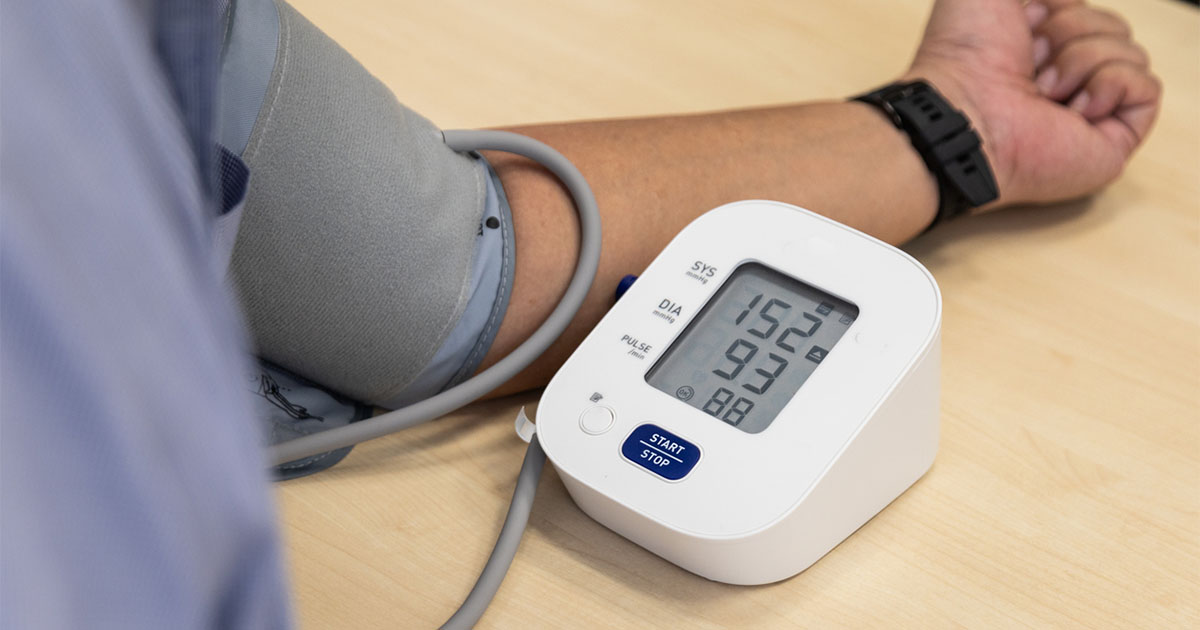The Year of Care programme has been a widely discussed subject in diabetes circles over the past year. The article that follows, sets out the thinking that underpins this important pilot project and details its implementation and successes to date. The Year of Care is an innovative piece of work that promotes collaboration between patient and practitioner, in turn allowing commissioners to provide and develop local services commensurate with the needs of people with diabetes.
Central to the success in managing anyone with diabetes is facilitating a position in which the individual takes ownership and ultimate responsibility for their condition. However, for far too long we have adopted a more didactic approach. The Year of Care project demands that we think and act differently. We must learn to better engage people with diabetes in a dynamic relationship underpinned by expedient access to the services we require to manage them. There are many benefits to adopting such an approach, not least an improved sense of satisfaction among people with diabetes and practitioners alike.
It is essential that we view with an open mind everything that the Year of Care programme demands us to consider – but change often brings with it a sense of fear. Nevertheless, we must not let fear or cynicism stand in the way of making important strides forward in caring for people with diabetes. On the other hand, one must also be realistic. The NHS faces something of an uncertain future over the next few years and there are likely to be increasingly stringent financial constraints placed upon healthcare professionals. This will make implementing change more difficult. We will also be met with inertia and resistance, slowing innovation, but we must be prepared to stand firm in response to this from wherever it may arise.
How will the Year of Care programme affect the Quality and Outcomes Framework (QOF) indicators? The relative pros and cons of QOF (and in particular ever more stringent targets) have been discussed and debated at some length in this journal before now. Ultimately, I think there can be little doubt that the QOF has been a force for good for people with diabetes. One down side to QOF seems to be that consultations so often seem to take on a mechanistic, almost “hurdle-jumping” approach, which can in no way be good for fostering collaboration.
Coming to terms with everything the Year of Care programme demands seems initially daunting. With so many things already to consider, it could seem easier just to ignore it all together – I can hear a collective chorus of “how will we manage the QOF?”. However, not all change needs to be drastic. In my opinion, the most subtle changes result in the most improvement. Examples of such change could include asking people what their aims are at the beginning of a consultation – this is not part of QOF but it could provide a useful insight, which would improve our care. Other small steps could be sharing care records or making results (such as, weight, blood pressure, HbA1c levels) available to people a week or two before their appointment. This will engage them and prepare them for what they want from the consultation. Such an approach is more likely to result in success for our patients and for us in attaining our “targets”.
In recent times we have had to deal with a wealth of new information relating to newer therapeutic agents. We have taken this forward and have successfully incorporated these into our therapeutic armamentarium. To my mind, the work set out in the Year of Care programme is of even greater importance than the development of any new drug. Getting the communication right, collaborating with patients and having the necessary services for them is the fabric that underpins everything else we do.
The Year of Care pilot sets out not only the way in which diabetes care will develop, but also provides a clear framework by which all other chronic conditions will almost certainly be managed. The Year of Care pilot may well be reaching its conclusion but it really is the beginning of an ongoing process. We are fortunate in diabetes care to be leading the way. There can be little doubt that a lot of hard work lies ahead but I am sure that the results will be worth it.





Poster abstract submissions are invited for the 21st National Conference of the PCDO Society, which will be held on 19 and 20 November.
10 Apr 2025